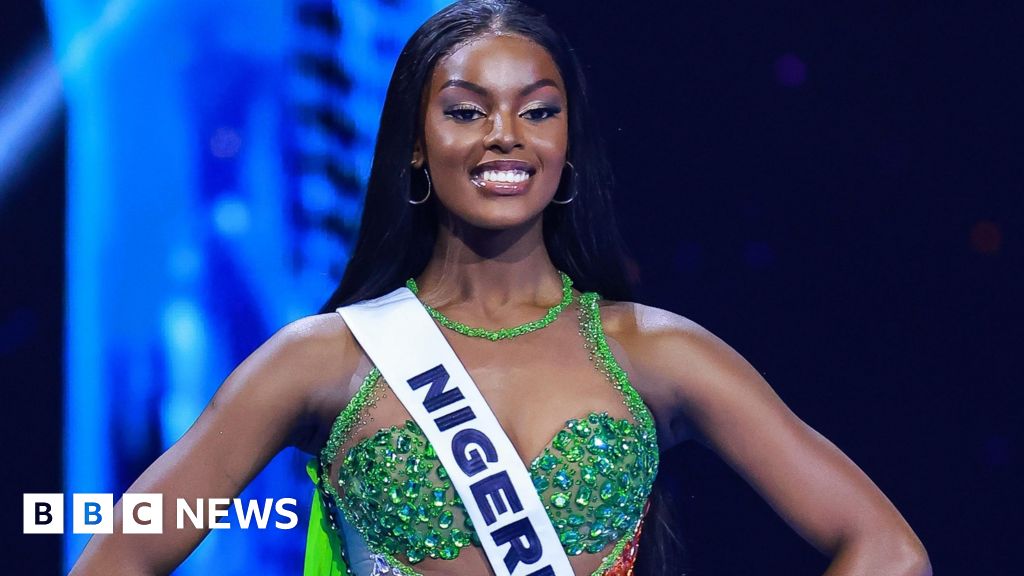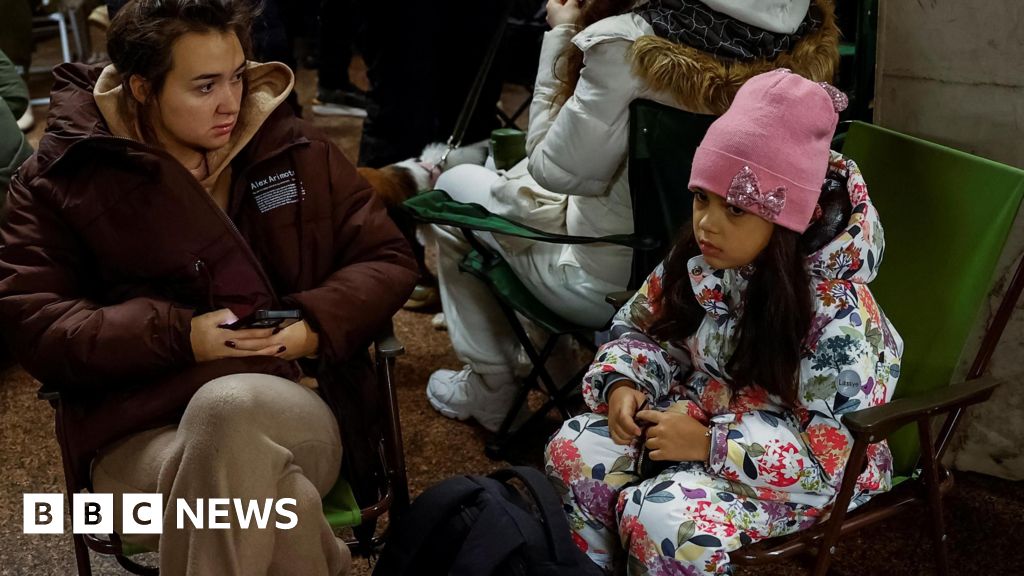ARTICLE AD BOX
On day 18 of Russia's invasion of Ukraine, a military training base in the western city of Yavoriv was struck by a barrage of cruise missiles.
At least 35 people were killed and 134 injured in the deadly attack at the facility, near a major crossing point into Nato member Poland.
Video of the aftermath of the attack posted online and verified by the BBC showed a huge crater at the site and smoke billowing from a fire at a nearby building.
US journalist killed
Fighting continued in areas outside the capital Kyiv, and a US journalist was shot dead in the town of Irpin.
Brent Renaud, 50, was a journalist and filmmaker who had previously worked for the New York Times, though he was not on assignment for the publication in Ukraine.
Kyiv's police chief Andriy Nebytov said he had been targeted by Russian soldiers. Two other journalists were injured and taken to hospital.
Image source, Getty Images
Image caption,Brent Renaud won a Peabody Award for his journalism in 2015
Teenage army recruits
Most of them were in their late teens, not long out of school. They told our correspondent that after three days' basic training they would head for the front line - or very close to it. Some of them were wearing knee pads that looked too small. A few had sleeping bags. One had a yoga mat.
"I feel a bit scared, as no-one wants to die, even if it's for your country. So, death is not an option for us", 18-year-old Dmytro told him.
Watch: Maksym Lutsyk,19 (left) and Dmytro Kisilenko, 18 are at war with three days training.
UK refugee scheme
In the UK, the housing secretary announced the details of a scheme designed to accommodate Ukrainian refugees.
Under the Homes for Ukraine plan, people will be able to nominate a named individual or a family to stay with them rent-free, or in another property, for at least six months. A website to express an interest in being a sponsor will launch on Monday. Ukrainians on the scheme will be given leave to remain for three years, with the right to work and access public services. Sponsors would get a "thank you" payment of £350 a month.
On the red carpet, the actor Benedict Cumberbatch hinted that he hoped to take in a refugee.
"What we all have to do is continue to put pressure on our politicians as far as the refugee crisis goes, continue to put pressure on the Putin regime, continue to help in any which way we can - whether that's through donations or housing refugees, all of which I'm looking to do - and have done", he said.
Image source, Getty Images
Image caption,Benedict Cumberbatch, pictured with wife Sophie Hunter, wore a blue and yellow badge
Russian brain drain
According to one estimate by a Russian economist, as many as 200,000 Russians have left their country since the start of the war.
The EU, US, UK and Canada have closed their airspace to Russian flights, so they are heading for countries where flights are still permitted and where visas are not required, such as Turkey, Central Asia and the South Caucasus. Many have fled to Armenia.
The BBC's Rayhan Demytrie spoke to Russians who have arrived in neighbouring Georgia. Many can be seen wandering around the capital Tblisi, with their suitcases and often their pets.
"I understood the best way to act against Putin's regime would be my emigration from Russia," Yevgeny, a 23-year old politics graduate told her. "It's my responsibility to do anything I can to help the Ukrainians."
Watch: Yevgeny says it is his responsibility as a Russian to help Ukrainians

 2 years ago
80
2 years ago
80








 English (US)
English (US)